Bloating has a way of showing up uninvited. You wake up fine, eat normally, and by afternoon, your stomach feels like a balloon. Many people shrug and blame food or stress. Others assume it’s just how their body works. The truth sits somewhere else. Bloating is common, but constant bloating is usually a signal. Let’s unpack what science says, minus the medical lecture.
Digestion Speed Matters More Than You Think
That tight, puffy feeling doesn’t mean something is “wrong” with you. It means something is happening inside your gut. Once you understand the triggers, the mystery fades. Relief often follows. See, your digestive system runs on timing. When food moves too slowly, gas builds up. When it moves too fast, nutrients don’t absorb well. Both situations can cause bloating. Slow digestion often comes from stress, low movement, or irregular meals. Chewing also plays a role. Rushed eating pulls air into the stomach. That air has to go somewhere. Eating calmly sounds boring, but your stomach prefers boring over chaos every time.
Gut Bacteria Can Tip the Balance
Your gut is home to trillions of bacteria. Most help you. Some cause trouble when they multiply too much. An imbalance can lead to extra gas production. That gas stretches the stomach, creating pressure and discomfort. Certain foods feed these bacteria more than others. Onions, beans, and dairy can be culprits for some people.
Hormones Play a Bigger Role Than Expected

Hormones affect digestion speed and water retention. Changes during menstrual cycles often bring bloating along for the ride. This isn’t imaginary. It’s chemistry doing its thing. Stress hormones also interfere. When the body stays tense, digestion slows. Blood gets redirected away from the gut. Your stomach notices when your brain won’t relax.
Salt and Sugar Sneak in Quietly
Too much salt pulls water into tissues. That includes your belly. Processed foods make this easy to overdo without realizing it. The result feels heavy and swollen. Sugar alcohols add another layer. They ferment in the gut and produce gas. Many “light” snacks contain them. Labels matter more than marketing here.
Posture and Movement Affect Your Gut
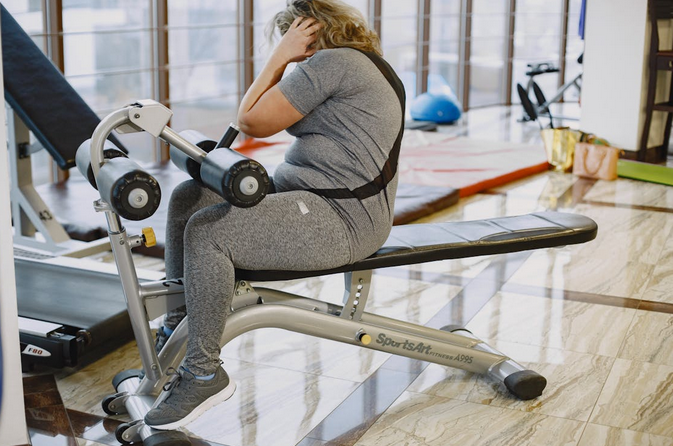
Sitting all day compresses the abdomen. Digestion becomes sluggish. Gas gets trapped. Standing up or walking helps move things along. Movement doesn’t have to be intense. Gentle activity supports natural gut motion. Your body was built to move, even on tired days.
Sensitivity Doesn’t Equal Intolerance
Food sensitivity isn’t the same as an allergy. Some foods irritate the gut lining without causing serious reactions. This irritation can lead to swelling and discomfort. Keeping a simple food journal helps spot patterns. You don’t need to cut everything out. Awareness beats restriction every time. See, bloating isn’t random. It’s feedback.
Your body uses pressure and discomfort to get attention. Listening early prevents bigger issues later. Small habit shifts often bring big comfort. If bloating sticks around despite changes, it’s okay to ask for help. Persistent discomfort deserves attention. Your stomach isn’t dramatic. It’s communicative. Once you understand its language, things feel lighter—literally and figuratively.…

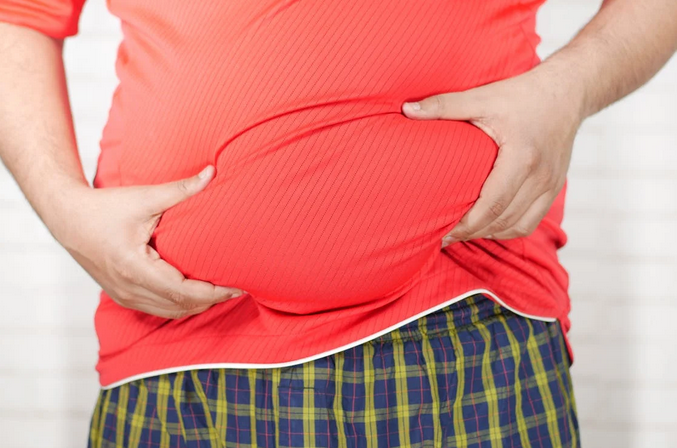
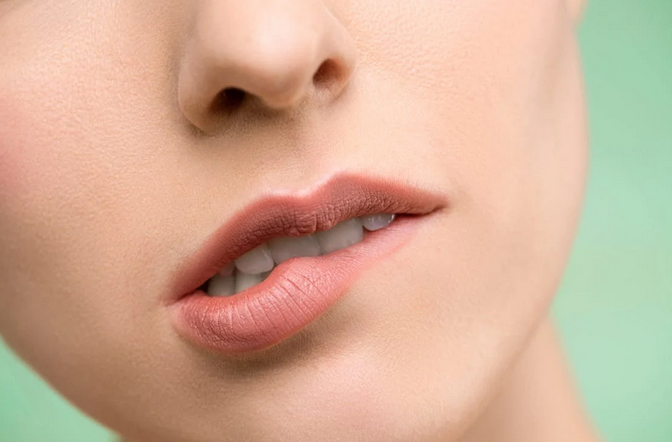
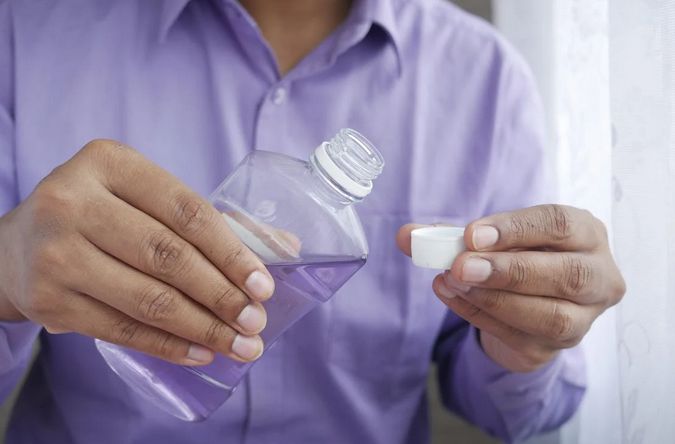


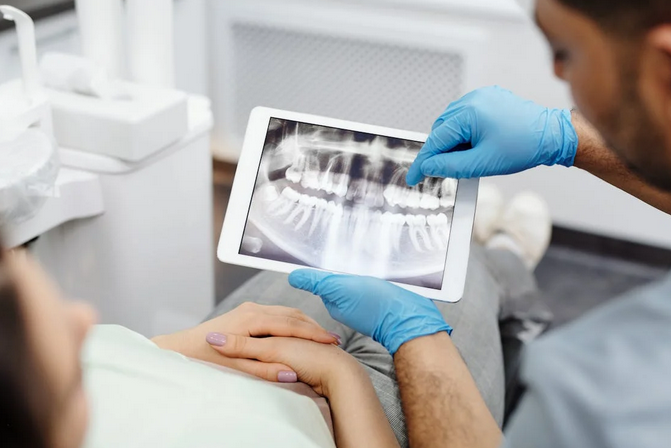

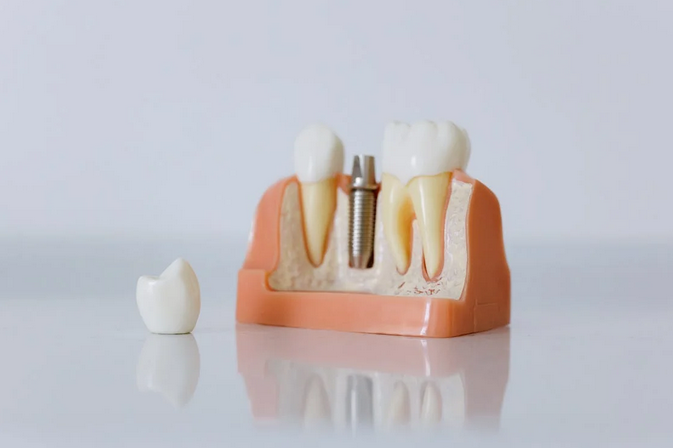


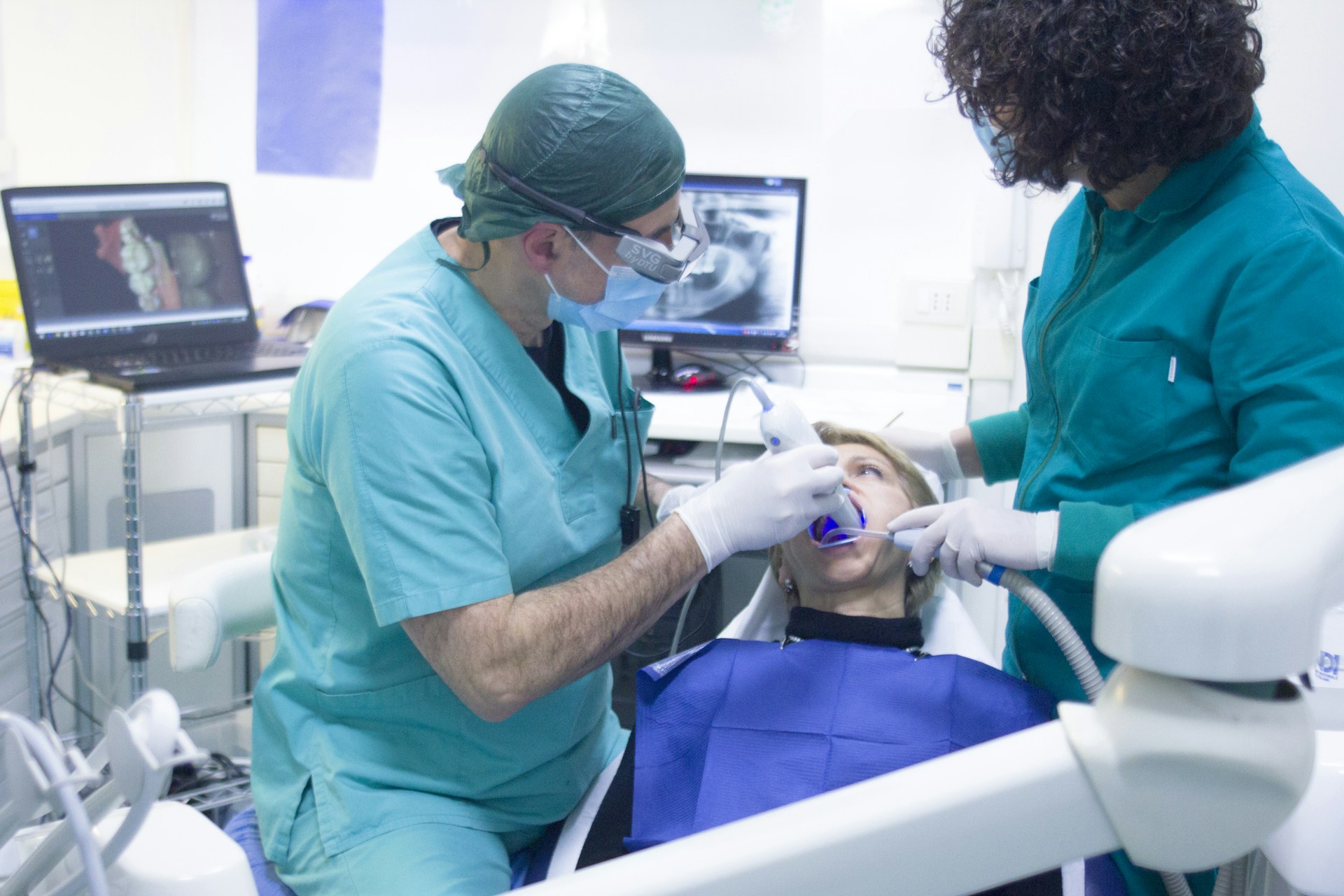
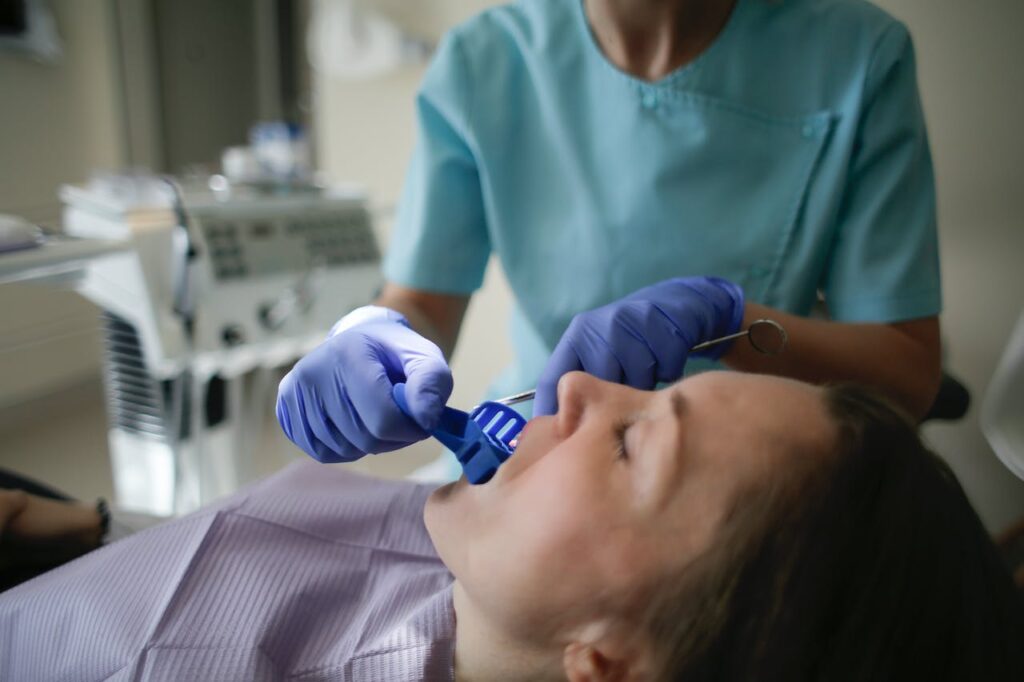
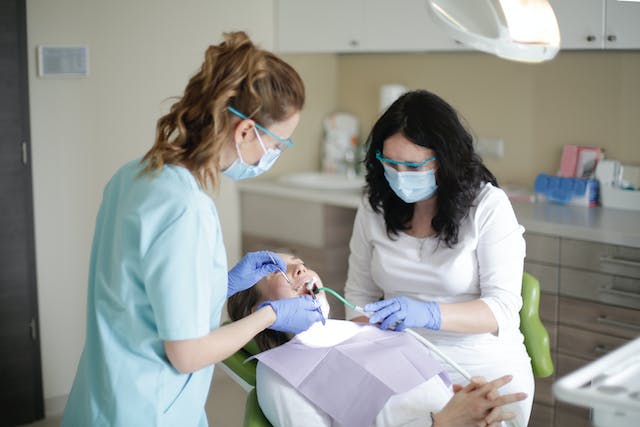
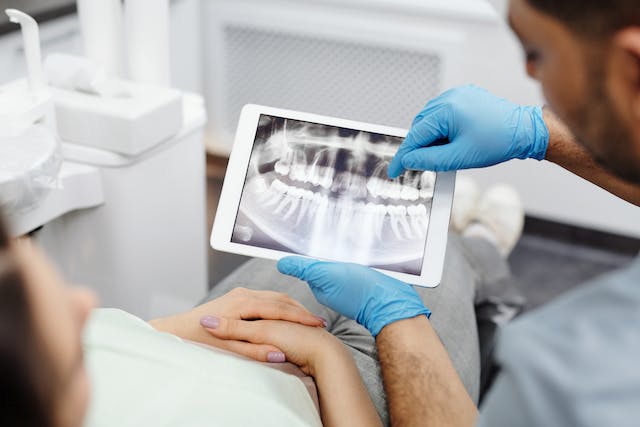
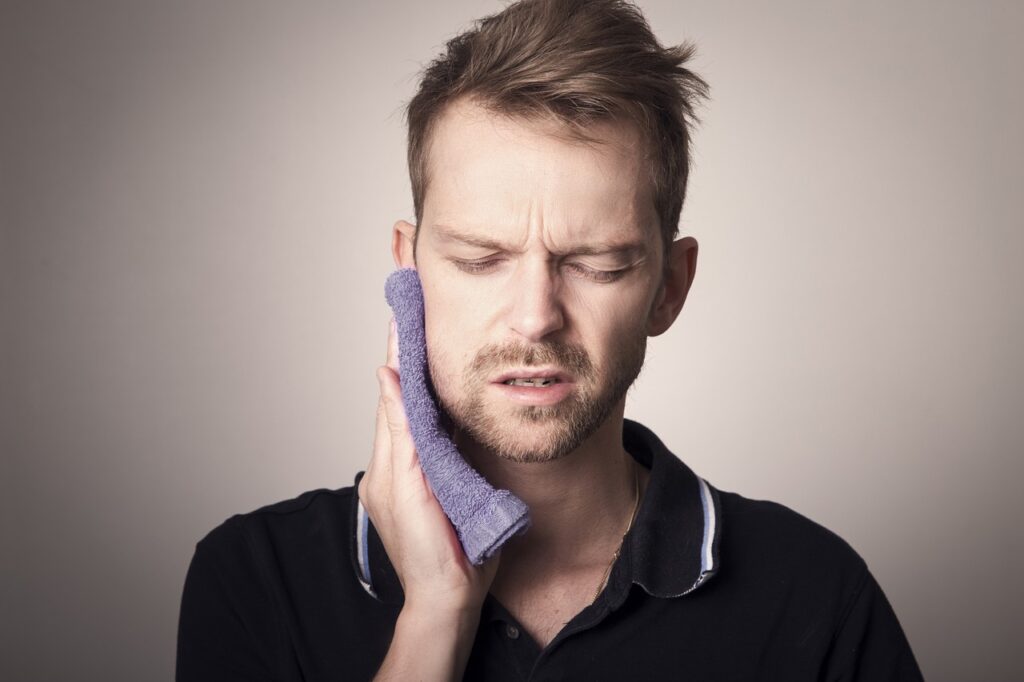
 Ever wondered why dentists have a medical history form to be filled out? It is because they understand that oral health directly affects your heart health. People with poor dental hygiene or periodontal disease are more likely to develop atherosclerosis, a condition where plaque builds up in the arteries and restricts blood flow throughout the body. This can lead to an increased risk of stroke and heart attack. In fact, people with periodontal disease are twice as likely to suffer from heart disease.
Ever wondered why dentists have a medical history form to be filled out? It is because they understand that oral health directly affects your heart health. People with poor dental hygiene or periodontal disease are more likely to develop atherosclerosis, a condition where plaque builds up in the arteries and restricts blood flow throughout the body. This can lead to an increased risk of stroke and heart attack. In fact, people with periodontal disease are twice as likely to suffer from heart disease. Do you think your brain health has nothing to do with your oral health? Think again. Studies have shown that there is a correlation between the two. People with poor oral health are more likely to develop dementia and other cognitive issues as they age. This can range from mild memory loss to more serious Alzheimer’s disease. A further study in 2015 found that people with periodontal disease are 70% more likely to develop mild cognitive impairment (MCI), a precursor to Alzheimer’s. So it’s clear that everything you hear from your dentist, including brushing, flossing your teeth, and using mouthwash regularly, is not just a template.
Do you think your brain health has nothing to do with your oral health? Think again. Studies have shown that there is a correlation between the two. People with poor oral health are more likely to develop dementia and other cognitive issues as they age. This can range from mild memory loss to more serious Alzheimer’s disease. A further study in 2015 found that people with periodontal disease are 70% more likely to develop mild cognitive impairment (MCI), a precursor to Alzheimer’s. So it’s clear that everything you hear from your dentist, including brushing, flossing your teeth, and using mouthwash regularly, is not just a template.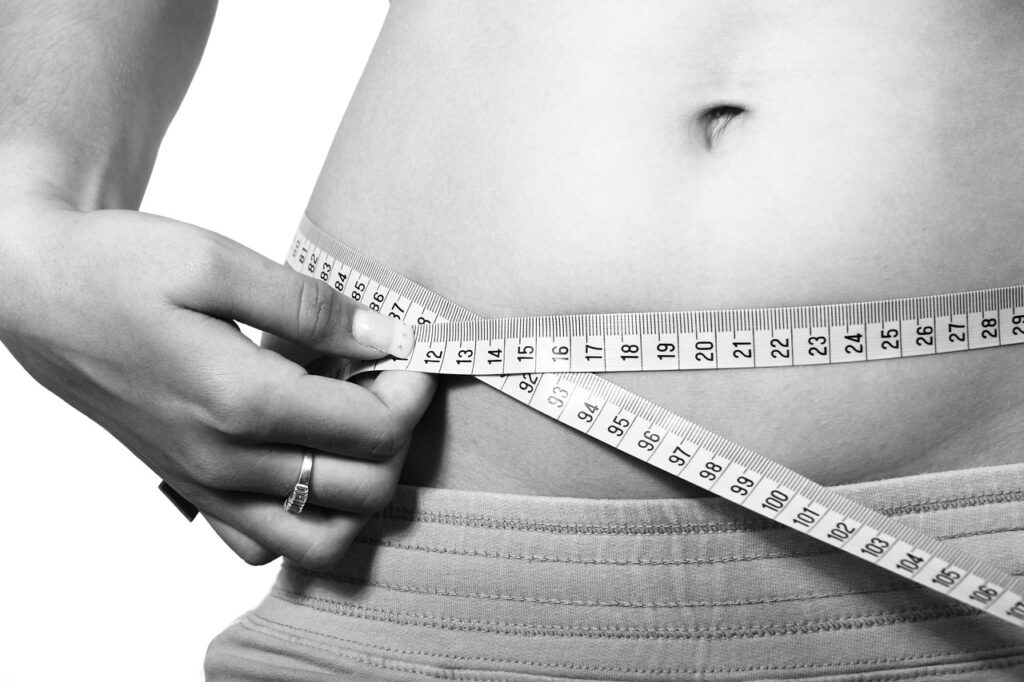
 One of the best ways to kickstart your metabolism and boost your energy is by eating fiber-rich foods. Fiber is filling and can help keep you fuller for longer, which helps prevent overeating. Eating a
One of the best ways to kickstart your metabolism and boost your energy is by eating fiber-rich foods. Fiber is filling and can help keep you fuller for longer, which helps prevent overeating. Eating a  Finally, getting enough sleep is vital for both energy and weight management. When we don’t get enough rest, our body has to work harder to stay energized. This can lead to fatigue and increased cravings, which can make it even harder to lose weight. Aim for 7-9 hours of quality sleep a night to feel your best and stay on track with your health goals. By implementing these four natural methods into your lifestyle, you can start to see an improvement in energy levels and weight loss. Eating fiber-rich foods, adding healthy fats to your diet, exercising regularly, and getting enough sleep are all critical components for a healthier body and lifestyle.…
Finally, getting enough sleep is vital for both energy and weight management. When we don’t get enough rest, our body has to work harder to stay energized. This can lead to fatigue and increased cravings, which can make it even harder to lose weight. Aim for 7-9 hours of quality sleep a night to feel your best and stay on track with your health goals. By implementing these four natural methods into your lifestyle, you can start to see an improvement in energy levels and weight loss. Eating fiber-rich foods, adding healthy fats to your diet, exercising regularly, and getting enough sleep are all critical components for a healthier body and lifestyle.…
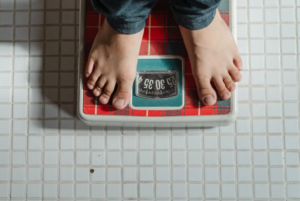 One of the health benefits of following a keto diet is weight loss. This diet can help you lose weight by reducing your overall calorie intake and encouraging your body to burn fat for energy.
One of the health benefits of following a keto diet is weight loss. This diet can help you lose weight by reducing your overall calorie intake and encouraging your body to burn fat for energy. The keto diet can also be effective against metabolic syndrome, a condition that includes high blood pressure, high cholesterol, and insulin resistance.
The keto diet can also be effective against metabolic syndrome, a condition that includes high blood pressure, high cholesterol, and insulin resistance. Another benefit of the keto diet is that it can help reduce appetite and control hunger. It is because the keto diet can help stabilize blood sugar levels, leading to reduced cravings and hunger. In addition, the ketogenic diet can help you feel fuller for longer by promoting satiety and reducing the number of calories you eat.
Another benefit of the keto diet is that it can help reduce appetite and control hunger. It is because the keto diet can help stabilize blood sugar levels, leading to reduced cravings and hunger. In addition, the ketogenic diet can help you feel fuller for longer by promoting satiety and reducing the number of calories you eat.
 One of the main reasons people take fat burner supplements is because they want to lose weight. Fat burners are known for their ability to help people shed pounds quickly and easily, which is why they’re so popular. If you’re looking to jumpstart your weight loss journey, then a fat burner supplement may be just what you need. In addition to helping you lose weight, fat burner supplements can also help you burn fat. This is because they contain ingredients that help boost your metabolism and promote thermogenesis (the process of burning calories). When combined with a healthy diet and exercise routine, a fat burner supplement can help you achieve your weight loss goals.
One of the main reasons people take fat burner supplements is because they want to lose weight. Fat burners are known for their ability to help people shed pounds quickly and easily, which is why they’re so popular. If you’re looking to jumpstart your weight loss journey, then a fat burner supplement may be just what you need. In addition to helping you lose weight, fat burner supplements can also help you burn fat. This is because they contain ingredients that help boost your metabolism and promote thermogenesis (the process of burning calories). When combined with a healthy diet and exercise routine, a fat burner supplement can help you achieve your weight loss goals. Many people aren’t getting enough sleep, making them tired and groggy throughout the day. Fat burner supplements contain ingredients that help promote better sleep – allowing you to feel energized when you wake up in the morning. If you’ve been struggling with difficulty sleeping, then consider taking a fat burner supplement instead of an energy drink. If you’re looking for a way to improve your sleep quality, then consider taking a fat burner supplement. These products can help you get the shut-eye you need to feel refreshed and energized.
Many people aren’t getting enough sleep, making them tired and groggy throughout the day. Fat burner supplements contain ingredients that help promote better sleep – allowing you to feel energized when you wake up in the morning. If you’ve been struggling with difficulty sleeping, then consider taking a fat burner supplement instead of an energy drink. If you’re looking for a way to improve your sleep quality, then consider taking a fat burner supplement. These products can help you get the shut-eye you need to feel refreshed and energized.
 Losing weight will naturally increase HGH production. How much your levels will be affected depends on many factors, including how much excess fat you have to lose and how long it takes for the results to become visible, but once you start losing weight, you’ll notice an improvement in your overall health. Many people find that they have more energy and better mental clarity once they’ve lost weight.
Losing weight will naturally increase HGH production. How much your levels will be affected depends on many factors, including how much excess fat you have to lose and how long it takes for the results to become visible, but once you start losing weight, you’ll notice an improvement in your overall health. Many people find that they have more energy and better mental clarity once they’ve lost weight. Steroids can increase your body’s production of HGH but only temporarily. As soon as you stop taking them or reduce the dosage substantially, your levels will drop back to normal again, so it’s best to avoid them altogether. While not a replacement for a healthy diet and lifestyle, taking certain
Steroids can increase your body’s production of HGH but only temporarily. As soon as you stop taking them or reduce the dosage substantially, your levels will drop back to normal again, so it’s best to avoid them altogether. While not a replacement for a healthy diet and lifestyle, taking certain 
 This is one of the leading tour striker’s that has a raised toe essential for centered contact and forward shaft contact. It comes with a graphite shaft for easy swing and a lighter feel. This tour strike is good for both amateurs and professional golfers who want to improve their golfing skills. This tour strike has also been designed to help the golfers the correct way of delivering the sweet spot. The Tour Striker Left-handed 8 iron has been designed to improve your dominant side swing and also balance while striking. It is made of lightweight stainless steel.
This is one of the leading tour striker’s that has a raised toe essential for centered contact and forward shaft contact. It comes with a graphite shaft for easy swing and a lighter feel. This tour strike is good for both amateurs and professional golfers who want to improve their golfing skills. This tour strike has also been designed to help the golfers the correct way of delivering the sweet spot. The Tour Striker Left-handed 8 iron has been designed to improve your dominant side swing and also balance while striking. It is made of lightweight stainless steel.


 You need to eat when you have in mind that you want to build muscle but not eating for its sake. You need to note that it can be tricky to develop muscle while you are in a
You need to eat when you have in mind that you want to build muscle but not eating for its sake. You need to note that it can be tricky to develop muscle while you are in a  As you aim to challenge your muscle to stimulate growth by lifting weight, you must be smart on the approach that you use. While you need to increase the weights that you lift, you should not do it too fast, or else you could get injuries. Conversely, if you raise them slowly, you will sabotage your progress or get to a plateau.
As you aim to challenge your muscle to stimulate growth by lifting weight, you must be smart on the approach that you use. While you need to increase the weights that you lift, you should not do it too fast, or else you could get injuries. Conversely, if you raise them slowly, you will sabotage your progress or get to a plateau.



 Although most of the hernias do not cause complications, it is better to go for a hernia repair to return the protruding organ in its place. A hernia can also cause complications if the protruding organ begins to die. The organ dies if the blood supply is limited by the tight muscles surrounding it. You need to go for surgery urgently if you note any sign of the protruding part changing color, having immense pain, or limiting you from doing your regular routine. The robotic surgery procedure begins by making a small incision, inserting a tiny camera in the affected area, and the inside image is projected on the screen. The surgeon handles the surgical instruments from a console.
Although most of the hernias do not cause complications, it is better to go for a hernia repair to return the protruding organ in its place. A hernia can also cause complications if the protruding organ begins to die. The organ dies if the blood supply is limited by the tight muscles surrounding it. You need to go for surgery urgently if you note any sign of the protruding part changing color, having immense pain, or limiting you from doing your regular routine. The robotic surgery procedure begins by making a small incision, inserting a tiny camera in the affected area, and the inside image is projected on the screen. The surgeon handles the surgical instruments from a console.
 a lot of your time in the gym without attaining the desired results, the best thing is to include
a lot of your time in the gym without attaining the desired results, the best thing is to include  You do not have to panic about not performing well in between the sheets because that is something that you can overcome. For instance, consulting a professional nutritionist can help you know some of the best foods that help restore your sexual prowess.
You do not have to panic about not performing well in between the sheets because that is something that you can overcome. For instance, consulting a professional nutritionist can help you know some of the best foods that help restore your sexual prowess.
 Every person’s health issue is unique and is constantly changing with time. You are needed to research the area of your interest without relying on people. Concerning your specific conditions, there are panels of doctors who are specialized in that field. Analyze your findings and eliminate those you think will not be of help. After choosing, ensure to look for the doctor’s personal information and check his/ her review. With several positive comments on his/her page is an added point, ensure you are certain about your requirement before making your final decision.
Every person’s health issue is unique and is constantly changing with time. You are needed to research the area of your interest without relying on people. Concerning your specific conditions, there are panels of doctors who are specialized in that field. Analyze your findings and eliminate those you think will not be of help. After choosing, ensure to look for the doctor’s personal information and check his/ her review. With several positive comments on his/her page is an added point, ensure you are certain about your requirement before making your final decision.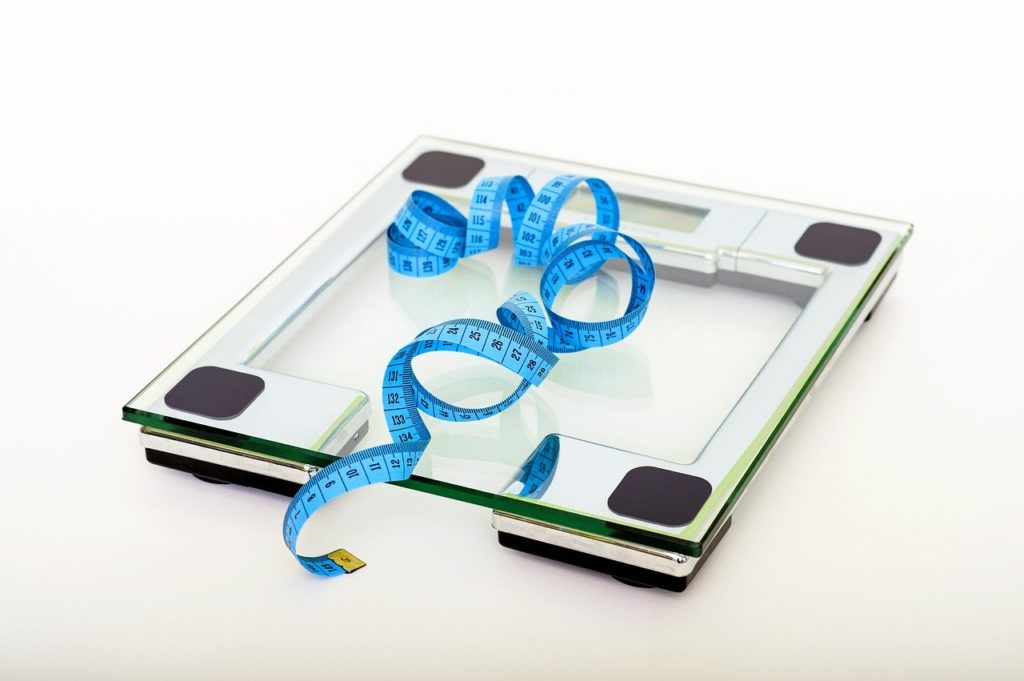
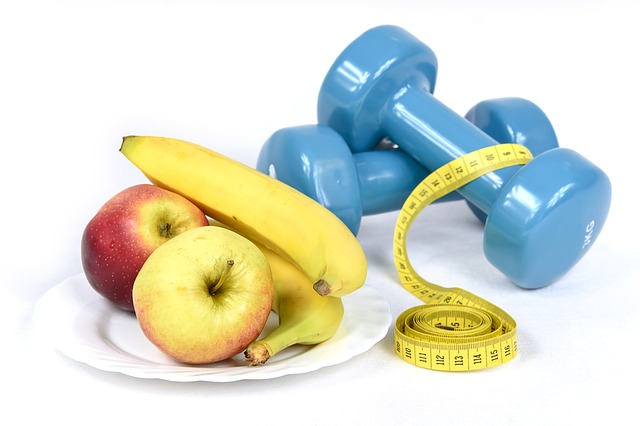


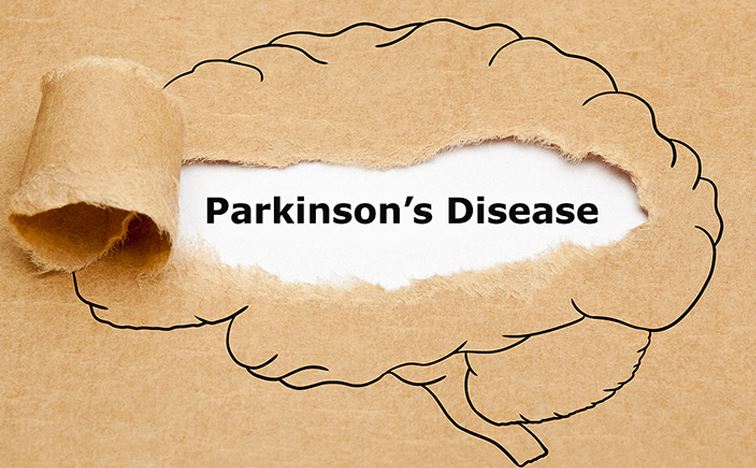 option you want to choose for Parkinson’s disorder matters. Certain drugs will expose you to different side effects, and this will only worsen your situation. Do your research to know the most favorable treatments that will not expose you to side effects.
option you want to choose for Parkinson’s disorder matters. Certain drugs will expose you to different side effects, and this will only worsen your situation. Do your research to know the most favorable treatments that will not expose you to side effects.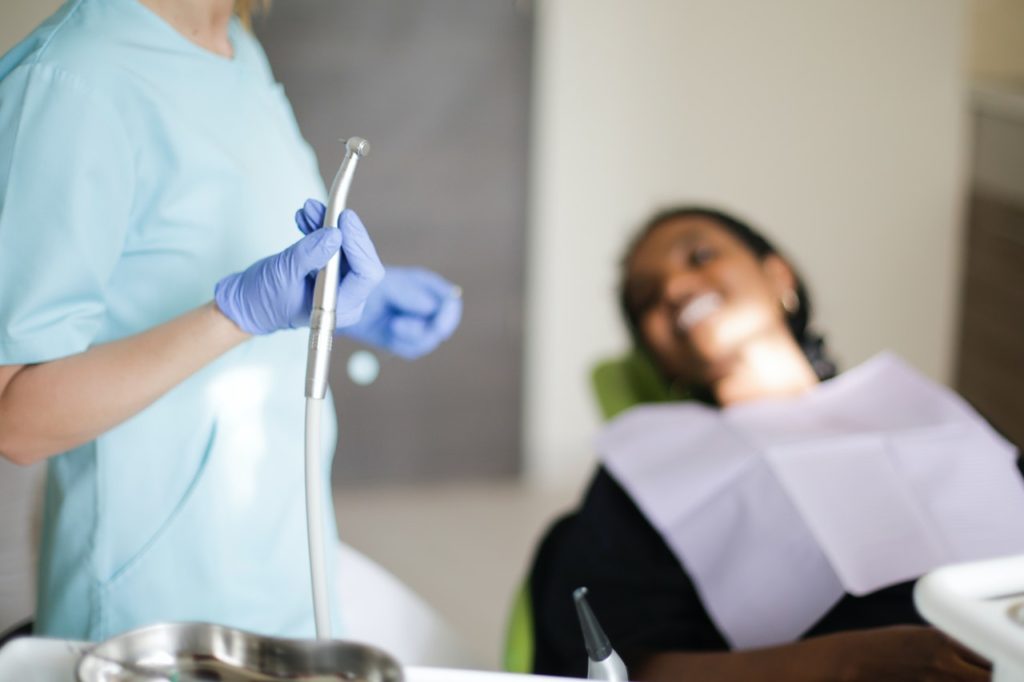
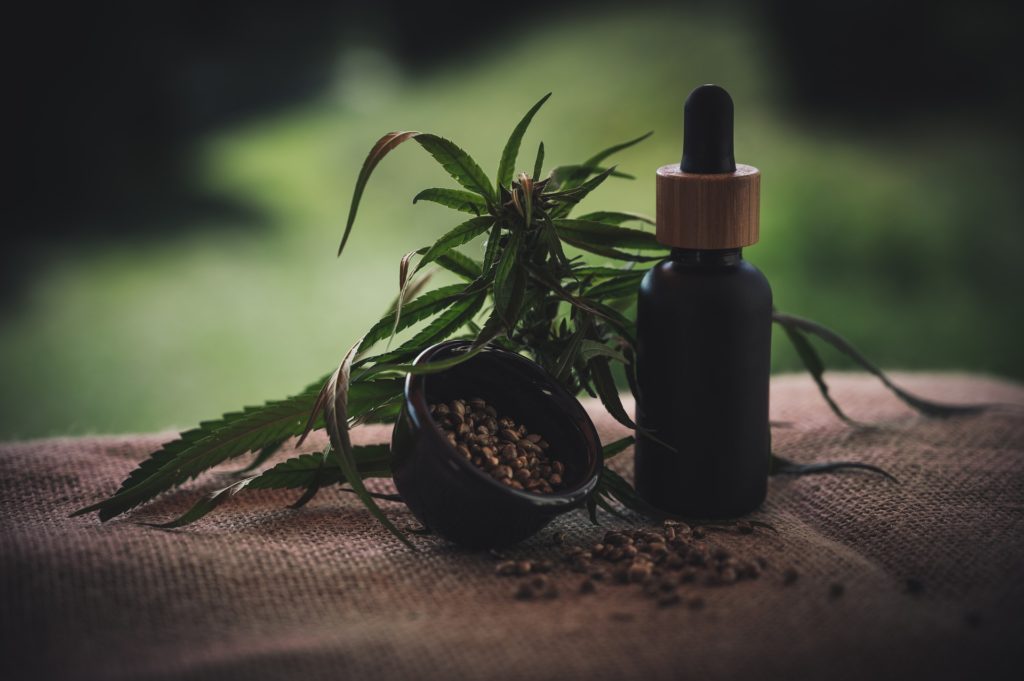
 CBD Oil
CBD Oil Most people who learned the art of meditation or yoga would say that it is a relaxing experience for the body, mind, and soul. This is because meditation can decrease the level of cortisol, which is the hormone responsible for causing stress and anxiety. Lupus patients are exposed to stress and anxiety due to various symptoms. Meditation can improve the quality of life of lupus patients, as studies shows.
Most people who learned the art of meditation or yoga would say that it is a relaxing experience for the body, mind, and soul. This is because meditation can decrease the level of cortisol, which is the hormone responsible for causing stress and anxiety. Lupus patients are exposed to stress and anxiety due to various symptoms. Meditation can improve the quality of life of lupus patients, as studies shows.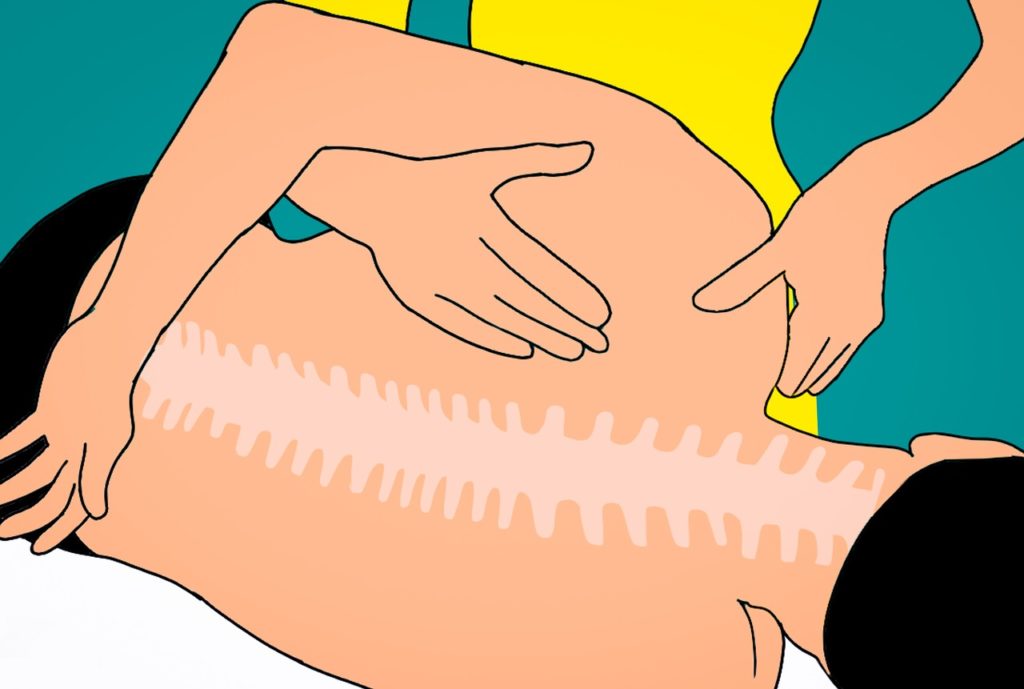


 Those living in regions where hemp extract is legal can easily find the oil whenever they visit drugstores. Although the variety may be limited due to license, you still can find it quite easily if you know where to go. However, if the countries you are living in still have endless debates over its legal status, you may need to rely on international online shops. Original and high-quality brands are usually available in certain stores, and it is your job to find such places.
Those living in regions where hemp extract is legal can easily find the oil whenever they visit drugstores. Although the variety may be limited due to license, you still can find it quite easily if you know where to go. However, if the countries you are living in still have endless debates over its legal status, you may need to rely on international online shops. Original and high-quality brands are usually available in certain stores, and it is your job to find such places.
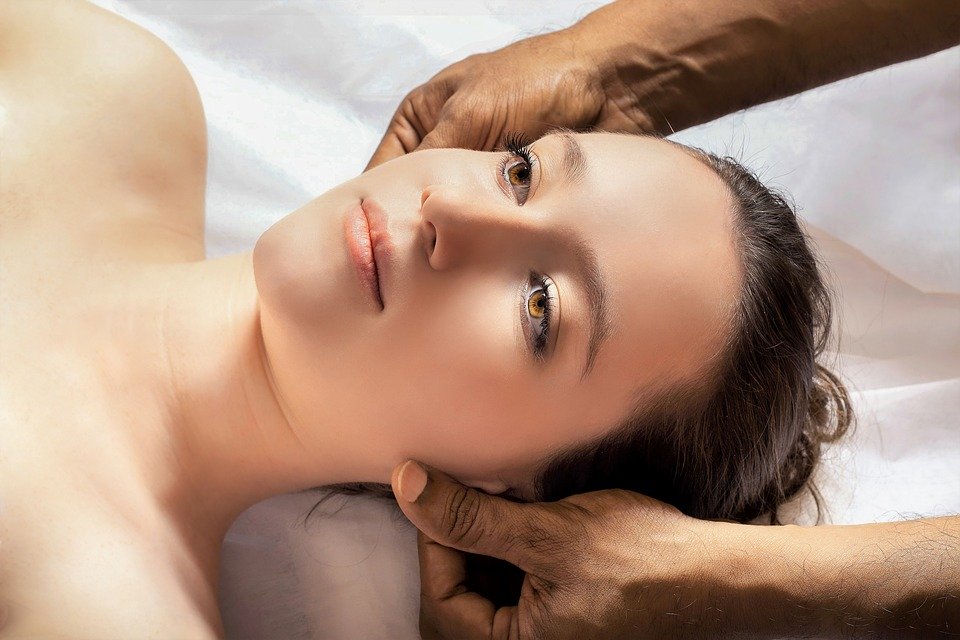
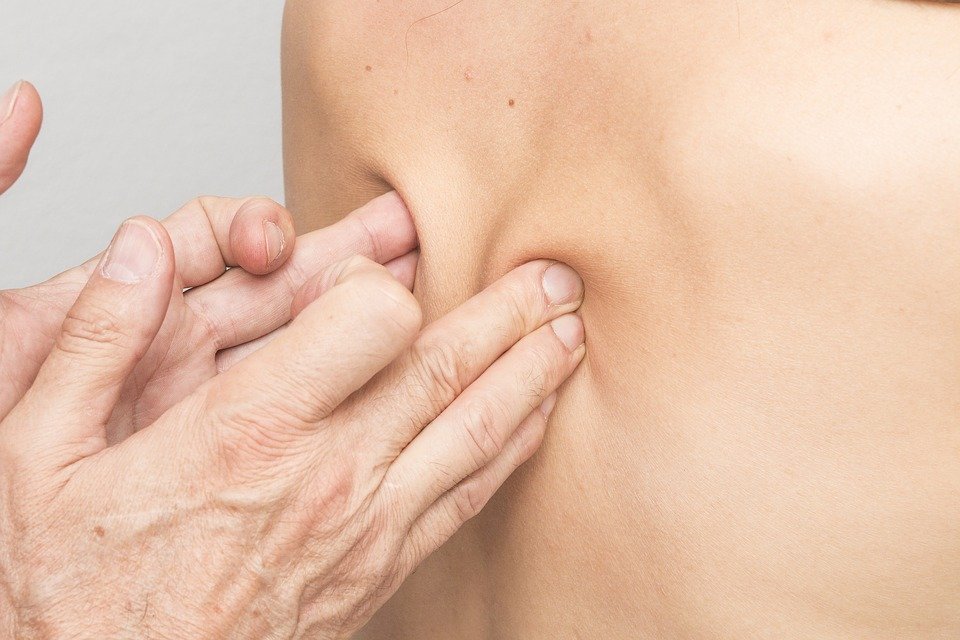 One of the significant benefits of red light therapy is the ability to improve skin health. When we are talking about skin health, this process works by increasing the collagen production in the skin that provides elasticity in the skin. Also, apart from enhancing collagen production, it is essential to understand that this health process also increases the circulation between tissue cells and blood. In simpler terms, this treatment improves your physical appearance.
One of the significant benefits of red light therapy is the ability to improve skin health. When we are talking about skin health, this process works by increasing the collagen production in the skin that provides elasticity in the skin. Also, apart from enhancing collagen production, it is essential to understand that this health process also increases the circulation between tissue cells and blood. In simpler terms, this treatment improves your physical appearance.

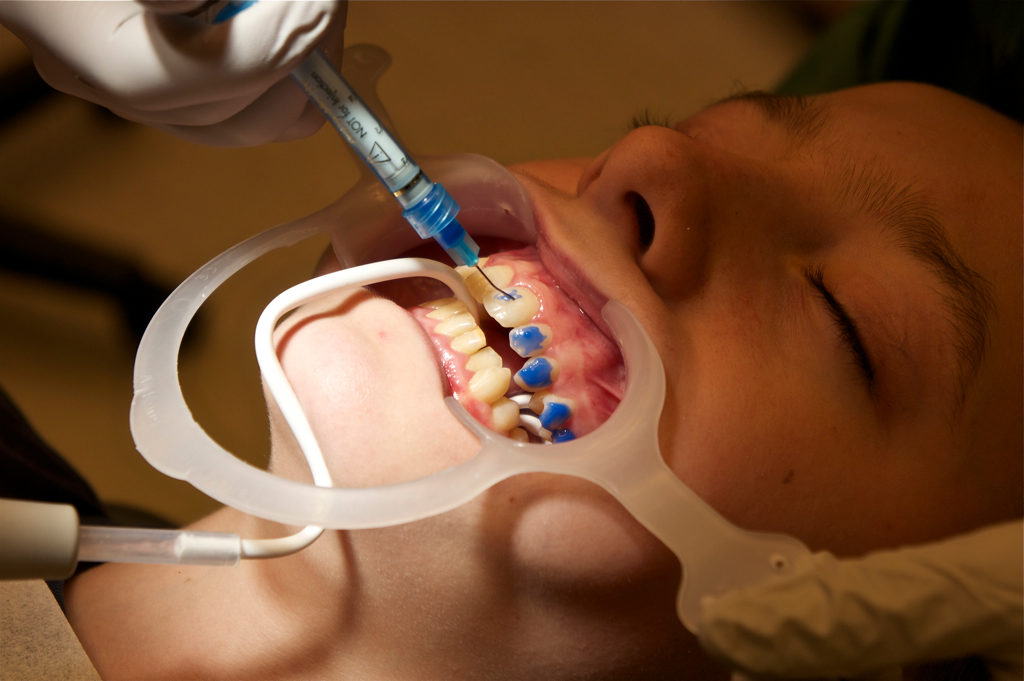

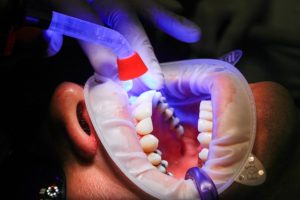 Confidence-Boosting
Confidence-Boosting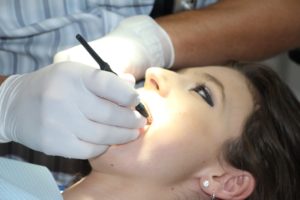 A dental cosmetic procedure does not only improve the aesthetic appearance of your teeth, but it can also improve their function. Crooked and misaligned teeth may not give you the best bite. It is the same with cracked and broken teeth.
A dental cosmetic procedure does not only improve the aesthetic appearance of your teeth, but it can also improve their function. Crooked and misaligned teeth may not give you the best bite. It is the same with cracked and broken teeth.


 A recent study indicated that those individuals who ride a bike are exposed to fewer harmful fumes compared to those who do travel by car. Drivers are likely to experience higher pollution, especially when they are caught up in the traffic. But when you use your road bike, you can cycle in your lane and avoid being stuck in the traffic jam. Therefore, this will help you to avoid being contacted with dangerous fumes.
A recent study indicated that those individuals who ride a bike are exposed to fewer harmful fumes compared to those who do travel by car. Drivers are likely to experience higher pollution, especially when they are caught up in the traffic. But when you use your road bike, you can cycle in your lane and avoid being stuck in the traffic jam. Therefore, this will help you to avoid being contacted with dangerous fumes.
 Those who have a slender figure tends to perform better in their daily tasks. The reason for this statement is that an ideal body leads to a stronger motivation to be physically active. You can either take your time to walk instead of calling a taxi or spend at least thirty minutes to exercise in the morning. Some people argue that those who belong to the category of obese also have the motivation to keep going. However, note that it is not always the case. Those who have a healthy weight tend to be more active.
Those who have a slender figure tends to perform better in their daily tasks. The reason for this statement is that an ideal body leads to a stronger motivation to be physically active. You can either take your time to walk instead of calling a taxi or spend at least thirty minutes to exercise in the morning. Some people argue that those who belong to the category of obese also have the motivation to keep going. However, note that it is not always the case. Those who have a healthy weight tend to be more active.



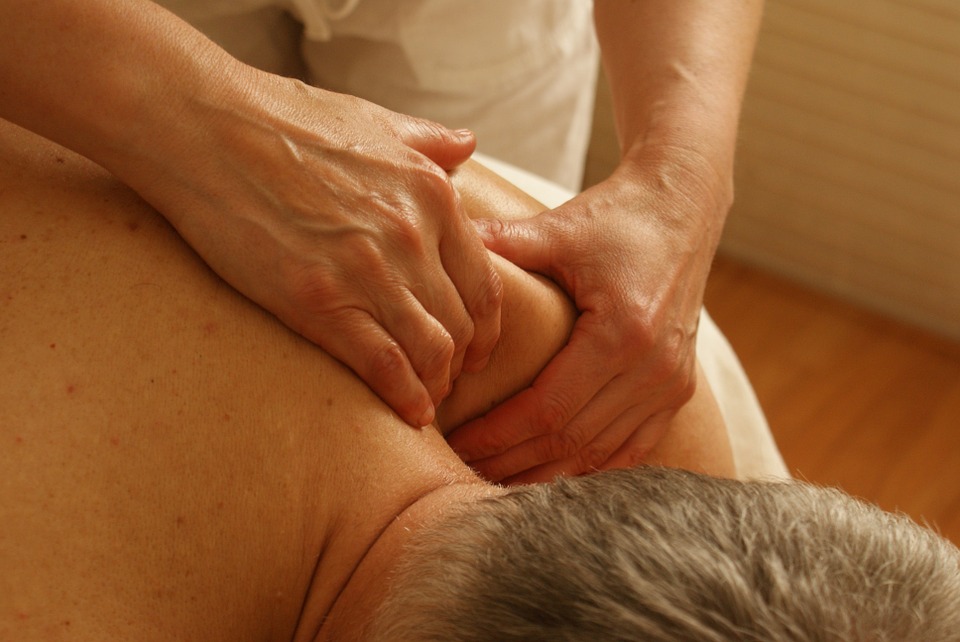
 A professional chiropractor who cares will offer you with the credentials you need, and if they meet your requirements, you will take the next option of hiring him. For those chiropractors who are not ready to offer you with the credentials that you need, you should never trust their services. Avoid them and look for others who can provide you with the proper credentials.
A professional chiropractor who cares will offer you with the credentials you need, and if they meet your requirements, you will take the next option of hiring him. For those chiropractors who are not ready to offer you with the credentials that you need, you should never trust their services. Avoid them and look for others who can provide you with the proper credentials. If these thoughts hold you back from implementing an exercise program, it is time to make a change. In fact, exercising at home has become quite popular because of the wide range of fitness equipment available. We are past days when the gym was the only place you could get a full body workout. It does not matter whether you want to improve your cardio system, gain lean muscle mass, or lose weight; in-home training has a part in your life.
If these thoughts hold you back from implementing an exercise program, it is time to make a change. In fact, exercising at home has become quite popular because of the wide range of fitness equipment available. We are past days when the gym was the only place you could get a full body workout. It does not matter whether you want to improve your cardio system, gain lean muscle mass, or lose weight; in-home training has a part in your life. One of the top reasons for having a home gym is the opportunity to make fitness a family affair. As you know, exercising is a mood booster, and having family members work alongside you can help make the workout better. Take time to create an environment where all family members can spend time together training instead of being glued to their electronic devices or sitting watching television. In this way, everyone will be healthier and happier. Also, you will save money on gym membership fees.…
One of the top reasons for having a home gym is the opportunity to make fitness a family affair. As you know, exercising is a mood booster, and having family members work alongside you can help make the workout better. Take time to create an environment where all family members can spend time together training instead of being glued to their electronic devices or sitting watching television. In this way, everyone will be healthier and happier. Also, you will save money on gym membership fees.…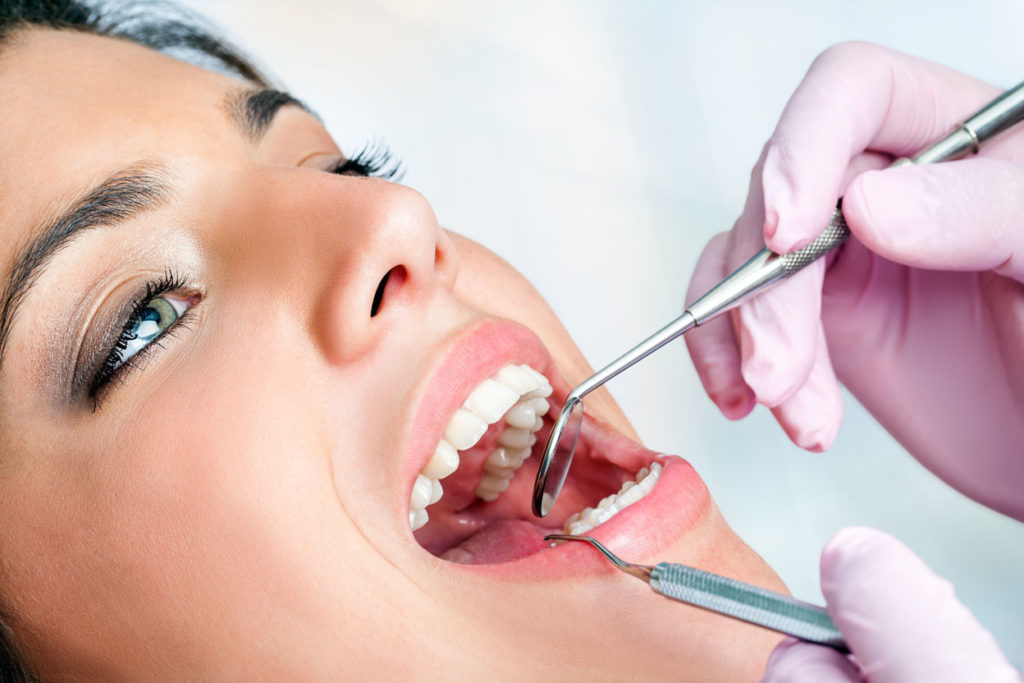
 If you have crowns and veneers, they are likely to chip or come out. Sometimes the crowns come out due to tear and wear or due to cavities. In case you notice that your crown or veneer is missing, it is essential to go to the dental office.
If you have crowns and veneers, they are likely to chip or come out. Sometimes the crowns come out due to tear and wear or due to cavities. In case you notice that your crown or veneer is missing, it is essential to go to the dental office.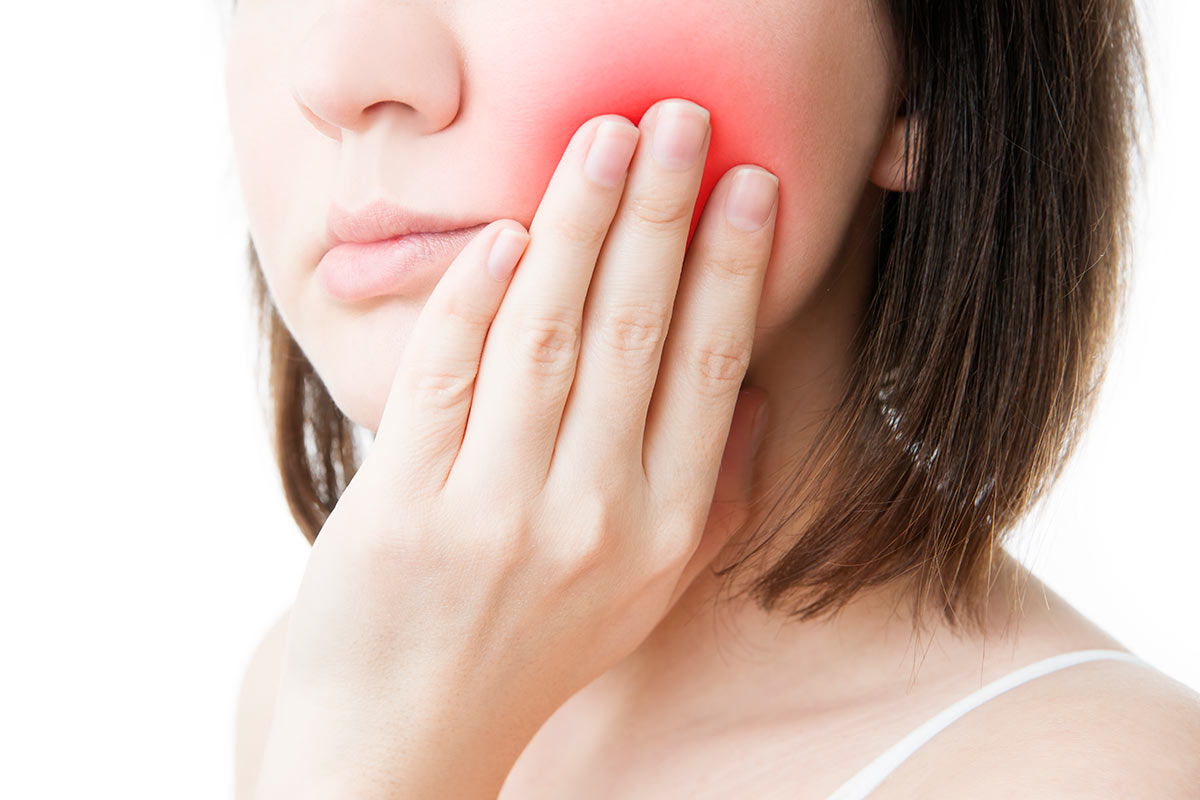
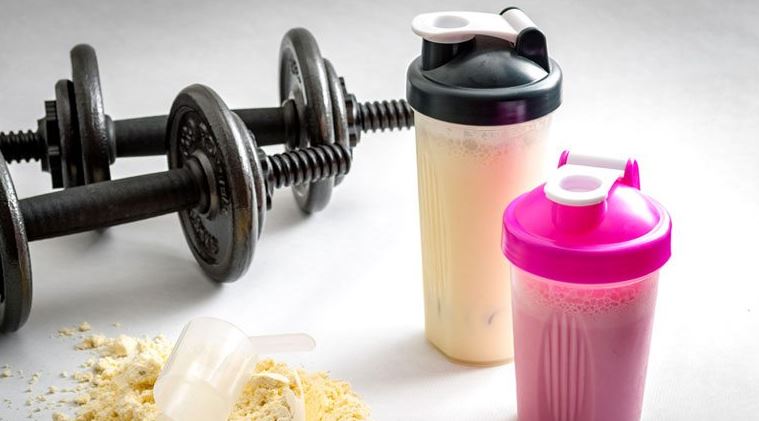
 dealing with legal steroids, according to one report. Some steroids contain supplements that can help you burn fat very fast. They will speed up the metabolism rate in your body making it utilize the energy from fat which will see you shed off the extra pounds very fast. Some will promote fast healing which will stimulate your body and give you the energy needed to carry on with your workouts. Protein supplements are some of the best you can use. Here is why you should take them before starting your exercises.
dealing with legal steroids, according to one report. Some steroids contain supplements that can help you burn fat very fast. They will speed up the metabolism rate in your body making it utilize the energy from fat which will see you shed off the extra pounds very fast. Some will promote fast healing which will stimulate your body and give you the energy needed to carry on with your workouts. Protein supplements are some of the best you can use. Here is why you should take them before starting your exercises.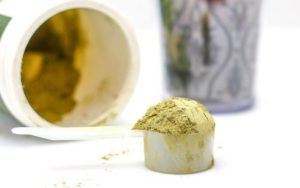 and this is essential for your body fitness. Using protein supplements before working out will lead to fast energy build up after working out. It is necessary for recovery and muscle growth.…
and this is essential for your body fitness. Using protein supplements before working out will lead to fast energy build up after working out. It is necessary for recovery and muscle growth.…
 High-Intensity Workout
High-Intensity Workout Protein Packed Diet
Protein Packed Diet Time Your Bath and Showers
Time Your Bath and Showers Hydrate From The Inside
Hydrate From The Inside

 CBD oils not only improve one’s natural defenses but also calm an overactive immune system. By extension, this means that these oils can help in keeping ailments like diabetes, arthritis, lupus and other conditions at bay.
CBD oils not only improve one’s natural defenses but also calm an overactive immune system. By extension, this means that these oils can help in keeping ailments like diabetes, arthritis, lupus and other conditions at bay.



 Whether you’re on a diet or not, this is where a good sleep begins. Make sure that you’ve been eating right all day and your meal for the day is just as healthy. Going to bed on an empty stomach in the name of dieting will only make matters worse. Try looking into the kind of diet you expose yourself to.
Whether you’re on a diet or not, this is where a good sleep begins. Make sure that you’ve been eating right all day and your meal for the day is just as healthy. Going to bed on an empty stomach in the name of dieting will only make matters worse. Try looking into the kind of diet you expose yourself to. Be sure not to stuff yourself before you sleep as this might be the reason you won’t get all the sleep that you deserve. Maybe half a glass an hour after you eat would be in order. Make this a bedtime rule that you swear by, and you will be pleasantly surprised.
Be sure not to stuff yourself before you sleep as this might be the reason you won’t get all the sleep that you deserve. Maybe half a glass an hour after you eat would be in order. Make this a bedtime rule that you swear by, and you will be pleasantly surprised.


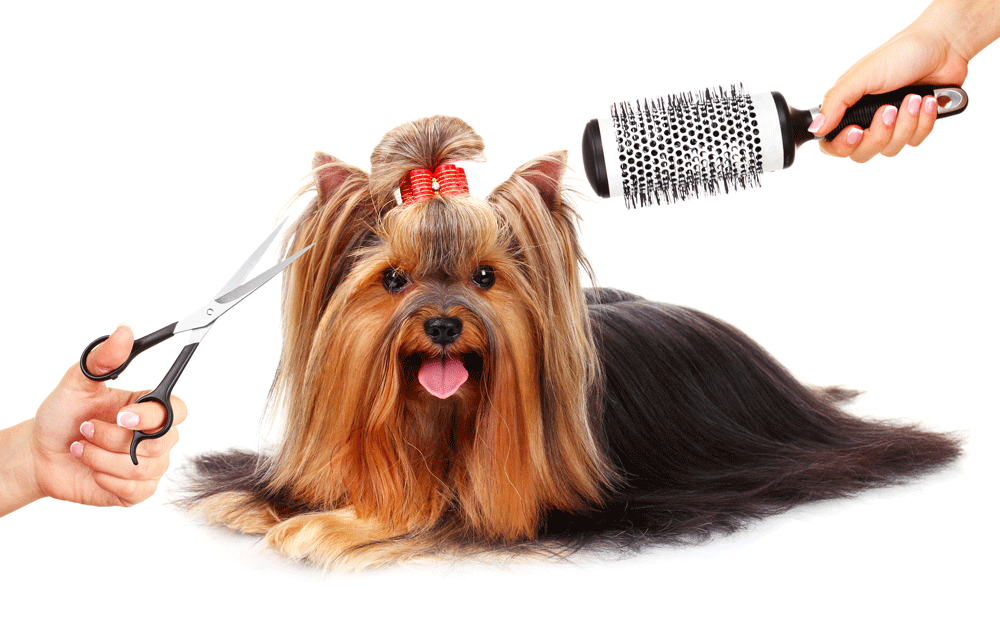
 You need to make sure that you carefully inspect the food that you give your dog. It is recommended that you give your dog food that will provide energy based on the breed. Bulldogs require a different type of diet from the small dogs. Bulldogs need energy, and this means that they can crack bones that the small dogs cannot eat meat with huge bones.
You need to make sure that you carefully inspect the food that you give your dog. It is recommended that you give your dog food that will provide energy based on the breed. Bulldogs require a different type of diet from the small dogs. Bulldogs need energy, and this means that they can crack bones that the small dogs cannot eat meat with huge bones.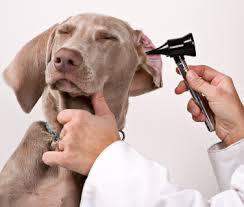 Visiting a vet regularly will make sure that your dog is healthy. During the vet visit, your dog will receive all the vaccine for protection against diseases like rabies.
Visiting a vet regularly will make sure that your dog is healthy. During the vet visit, your dog will receive all the vaccine for protection against diseases like rabies.

 Withdrawal symptoms are a common problem and fear among opiate addicts. As a result, they end up being addicts for years. The truth of the matter is, you will have to experience withdrawal symptoms at one point, but what you have to know is that you need to manage them. Working with a treatment center is a sure way of dealing with withdraw symptoms in the best way possible. Experts in this field have the knowledge required in handling withdrawal symptoms, and this makes addicts under a treatment center a happy lot.
Withdrawal symptoms are a common problem and fear among opiate addicts. As a result, they end up being addicts for years. The truth of the matter is, you will have to experience withdrawal symptoms at one point, but what you have to know is that you need to manage them. Working with a treatment center is a sure way of dealing with withdraw symptoms in the best way possible. Experts in this field have the knowledge required in handling withdrawal symptoms, and this makes addicts under a treatment center a happy lot.



 Don’t whine and make excuses for what you don’t have. Instead, utilize any space that you have to exercise. If you stay at somewhere where it’s possible to run, then run. Or maybe if you are not in the mood you can hit up a thirty-minute cardio session anywhere you wish to. All you need is a little
Don’t whine and make excuses for what you don’t have. Instead, utilize any space that you have to exercise. If you stay at somewhere where it’s possible to run, then run. Or maybe if you are not in the mood you can hit up a thirty-minute cardio session anywhere you wish to. All you need is a little  Don’t do your usual routine if there is an opportunity to do something different, and if you are at the beach, you can find a cardio that is harder to do on the sand, like burpees for example. Give a little twist to your work out to make it exciting; you can also do this by asking a friend to join you and make it a competition. This way you will work harder not to lose and get the most out of the exercise.
Don’t do your usual routine if there is an opportunity to do something different, and if you are at the beach, you can find a cardio that is harder to do on the sand, like burpees for example. Give a little twist to your work out to make it exciting; you can also do this by asking a friend to join you and make it a competition. This way you will work harder not to lose and get the most out of the exercise. Every one of us is different. If you find it hard to work out in the morning, then just do it at night because even if everyone is suggesting you to do it at a particular time, you can’t force yourself to do something that doesn’t click with your body. Or if the hardcore session is not something that you enjoy during this time of the year, you can stretch and do a lighter workout as long as you don’t stop.
Every one of us is different. If you find it hard to work out in the morning, then just do it at night because even if everyone is suggesting you to do it at a particular time, you can’t force yourself to do something that doesn’t click with your body. Or if the hardcore session is not something that you enjoy during this time of the year, you can stretch and do a lighter workout as long as you don’t stop.
 It is not about how much you eat, but how well can your body digest the food. A fast metabolism will let you eat a lot and still maintain a model look, but for someone with a lower one will have an easier time to gain weight. Not everyone is blessed with a
It is not about how much you eat, but how well can your body digest the food. A fast metabolism will let you eat a lot and still maintain a model look, but for someone with a lower one will have an easier time to gain weight. Not everyone is blessed with a  Another key to let your digestion system running well is to eat regularly which is three times a day. The saying that breakfast is the most important meal of the day is true. If you start to eat at lunch, then your body will get hungry in late at night because the stomach just begins to work at noon. Along with this, you have to train yourself to eat before you get hungry and stop eating before you get full.
Another key to let your digestion system running well is to eat regularly which is three times a day. The saying that breakfast is the most important meal of the day is true. If you start to eat at lunch, then your body will get hungry in late at night because the stomach just begins to work at noon. Along with this, you have to train yourself to eat before you get hungry and stop eating before you get full.